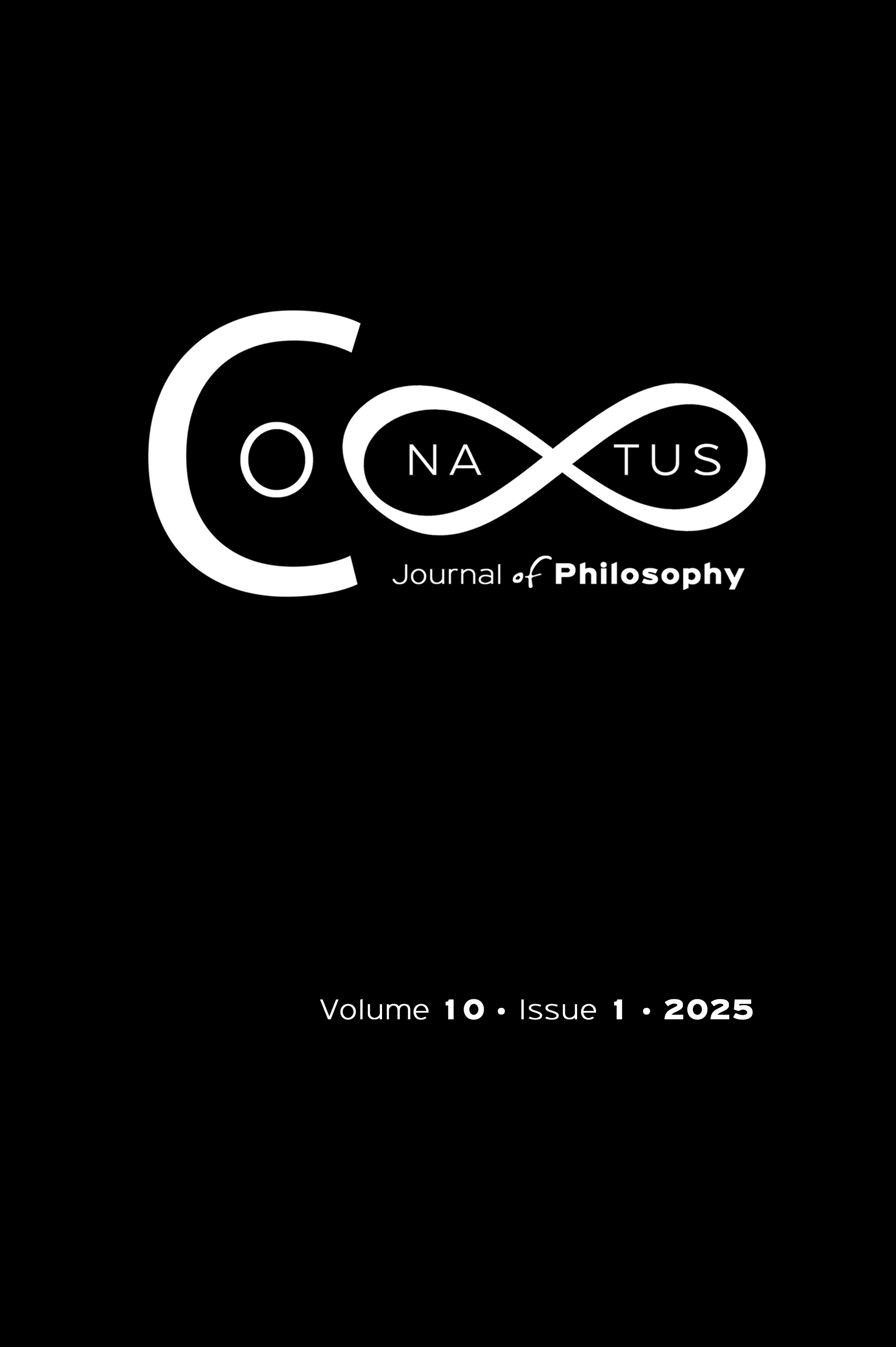The Ecosystem of Ethical Decision Making: Key Drivers for Shaping the Corporate Ethical Character

Abstract
In today’s global economy, large corporations possess considerable power and exert a profound impact on the societies and the environments in which they operate. The effectiveness of Corporate Social Responsibility initiatives can widely vary, depending on how well they align moral principles and social expectations, thus enhancing their impact on societal welfare and environmental sustainability. This paper examines the practical application of ethical theories in the corporate world, moving beyond normative prescriptions to what defines a corporation’s ethical character. The transition to applied ethics represents a shift towards actionable guidance and contextual relevance in a way that takes into account all the involved forces and the practical implications for various stakeholders. A conceptual framework is developed to depict the relationships and decision-making influences within a socio-economic system and outline an ethical zone where care and justice ethics converge, indicating that decisions are just and do not neglect the welfare of individual stakeholders, society and the environment.
Article Details
- How to Cite
-
Sartzetaki, M., Moutzouri, A., Karagkouni, A., & Dimitriou, D. (2025). The Ecosystem of Ethical Decision Making: Key Drivers for Shaping the Corporate Ethical Character. Conatus - Journal of Philosophy, 10(1), 221–238. https://doi.org/10.12681/cjp.38439
- Section
- Articles

This work is licensed under a Creative Commons Attribution-NonCommercial 4.0 International License.
Authors who publish with this journal agree to the following terms:
Authors retain copyright and grant the journal right of first publication with the work simultaneously licensed under a Creative Commons Attribution Non-Commercial International License (CC BY-NC 4.0) that allows others to share the work with an acknowledgement of the work's authorship and initial publication in this journal.
Authors are able to enter into separate, additional contractual arrangements for the non-exclusive distribution of the journal's published version of the work (e.g. post it to an institutional repository or publish it in a book), with an acknowledgement of its initial publication in this journal.
Authors are permitted and encouraged to post their work online (preferably in institutional repositories or on their website) prior to and during the submission process, as it can lead to productive exchanges, as well as earlier and greater citation of published work.






